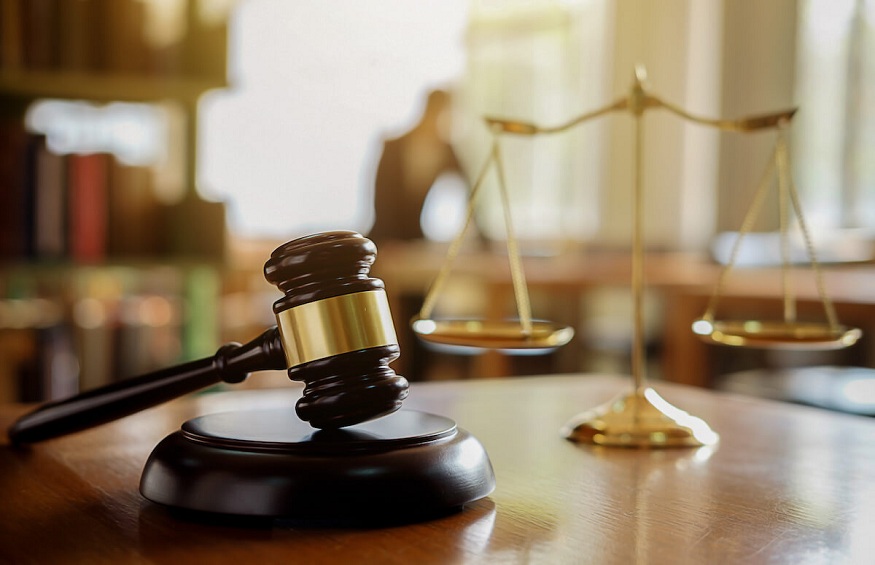The San Francisco criminal court handles infractions, misdemeanors, and felony cases. This includes trials, motions, arraignments, probation hearings, mental health proceedings, and other types of criminal cases.
Felonies are the most serious crimes and can be punishable by prison or death. Judges exercise some discretion in sentencing.
What is a criminal case?
A criminal case is a legal dispute that involves someone breaking the law. This type of case is different than a civil case, in which one party sues another for financial or equitable damages.
Criminal cases can be classified as felony, misdemeanor or summary offenses. Felonies are the most serious and carry the highest penalties.
Felony charges include murder, arson, sexual assault, child abuse, and other crimes that cause serious harm. The punishments for these crimes include fines, jail time, probation, and even the death penalty in some jurisdictions.
A criminal defense attorney can help you fight the charge and protect your rights throughout the process. They will also help you develop a defense strategy that best suits your unique circumstances.
What happens in a criminal case?
Criminal law is a complicated system of laws (statutes and ordinances) and procedures that define crimes, set punishments, and outline the rules guiding the process from investigation to arrest and sentencing. These rules are interpreted and applied by courts.
The punishment for a crime depends on the severity of the conduct and the blameworthiness of the offender. The penalty is intended to deter future crime and encourage people to make responsible choices.
A crime is an act that harms society and primarily affects public health, safety, or property. It includes violent acts, such as murder and assault, as well as non-violent crimes, such as theft or drunk driving.
In contrast, civil wrongs are a breach of contract or an infringement of rights, such as an inability to exercise due care in business transactions or depriving someone of something they’re entitled by right. These are actions that do not necessarily harm society as a whole but are still tried in court.
How do I get a copy of a police report?
In order to defend yourself in court, you need to know everything that happened during your case. This information can help your attorney build a solid defense against your charges.
During the investigation of your case, law enforcement officers gather evidence and interview witnesses. They may also conduct a search.
If the police find anything that points to your guilt, they can arrest you. This can be a scary and confusing experience, especially if you have never been arrested before.
A criminal conviction can have serious consequences, including jail or prison time, huge fines, and a permanent record that can affect your life for years to come.
If you have been charged with a crime, the first step is to contact an experienced criminal lawyer in San Francisco. They can guide you through the process and explain your rights to you.
How do I get a copy of my criminal record?
A criminal record, also known as a “rap sheet,” is a record of every charge and conviction against an individual. It can have a significant impact on an individual’s life, both in and out of the courtroom.
The California Department of Justice manages these records and makes them available to individuals requesting their own review. However, access to criminal history records is limited by law to legitimate law enforcement purposes and authorized applicant agencies.
There are many ways to get a copy of your criminal record, but the easiest way is to visit the court. The court has public access sites that allow you to search criminal court records in person at no cost.
There are also services available that can help you obtain a copy of your record online. These services will usually be able to provide you with an initial copy of your record for free, but additional charges may apply if the search takes more time.

